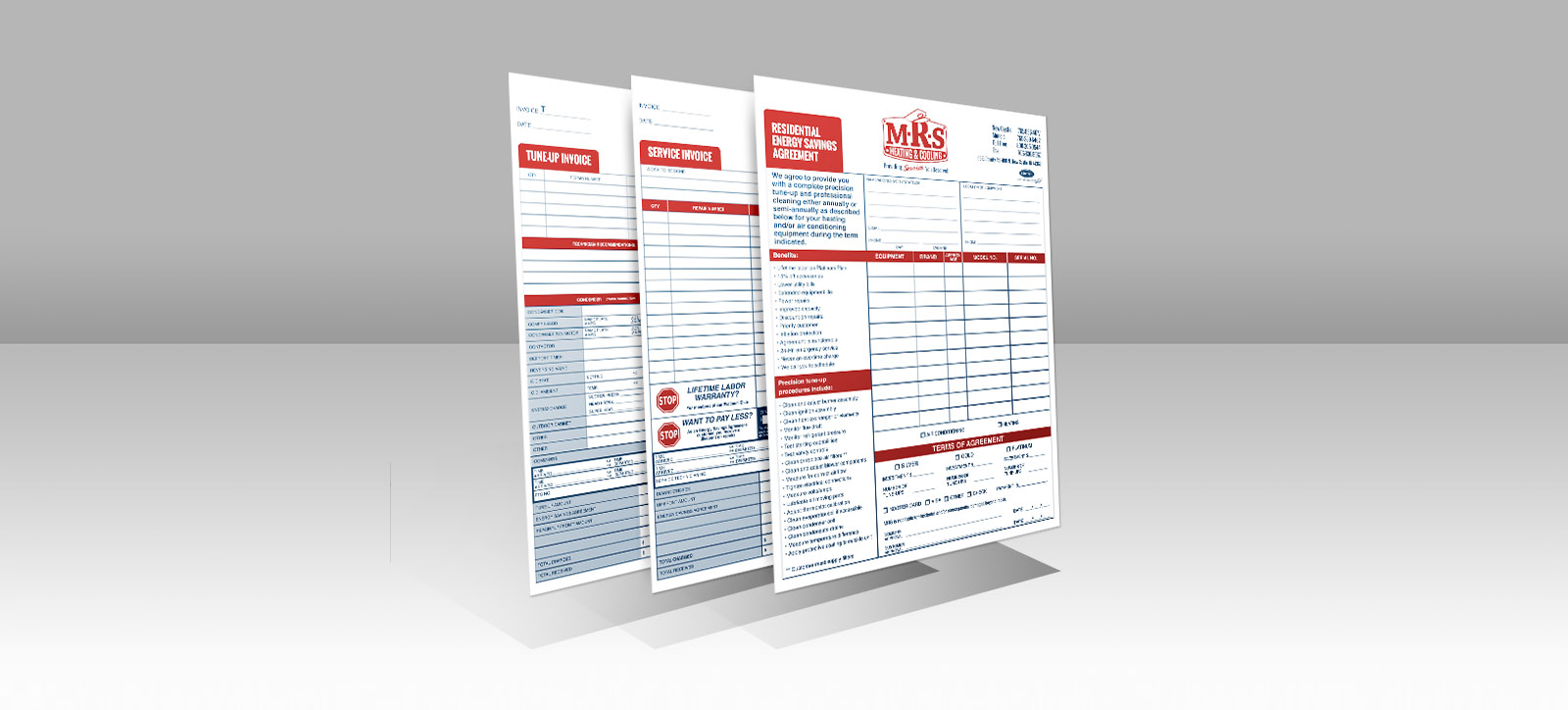A major key to professional print collateral is consistency. Every piece of print in your organization should be a part of your brand. An organization presents a unified brand by sharing colors, logos, taglines, and fonts, across all print pieces. Whether the print is promotional, internal, customer service, or advertising it should look like—you. It should adhere to a print collateral checklist.
Branding a Print Collateral Checklist
All print pieces should share the following:
- Font
- Colors
- Logo
- Tagline
Types of Print Collateral
Use the branding print collateral checklist above for every kind of print listed below. Some forms, such as internal documents, might be printed in black and white. In that case, make adjustments to fit the format, but use the font, logo, and tagline. Here are ten examples of types of print collateral 10 Types of Print Collateral.
Internal
- Employment applications
- Job folders
- Handbooks and manuals
- Policies & procedures
- Job Descriptions
Identification
- Business cards
- Stationary
- Envelopes
Customer Service
- Estimate forms
- Invoices
- Contracts
- Purchase orders
Promotional
- Brochures
- Flyers (one-pagers)
- Fact sheets
- Case studies
- Print promotional products
Advertising
- Direct mail
- Door hangers
- Rip cards
- Inserts
- Event programs
The four categories above don’t list every type of print collateral for every organization. However, the checklist covers the most common print materials and should set the tone, establishing the procedures to be followed on all corporate print.
Why Brand Internal Print Collateral?
Why should a corporation brand internal print such as forms, job applications, and handbooks? The answer is because unifying the brand at the internal level adds a degree of professionalism appreciated by employees. For example, the difference between a branded handbook and a nondescript handbook that could be used by any business is credibility. The same is true for job descriptions, forms, and even job folders. Why do multi-billion dollar organizations share their brand on all print collateral whether it’s internal or external?
Total Brand Unification
Not only should all print collateral be branded but all advertising, marketing, and promotional pieces should share the brand. Including the following:
- TV Advertising
- Promotional Products
- Print advertising
- Website
- Trade show displays
- Vehicle graphics
- Sponsorships
- Signage
Sharing the corporate brand at every opportunity builds brand with customers, employees, and interested parties such as vendors and bankers. Don’t underestimate the importance of brand. If you’d like to discuss unifying your brand, Contact Us.
If you’d like to read more try these two posts.


Leave A Comment